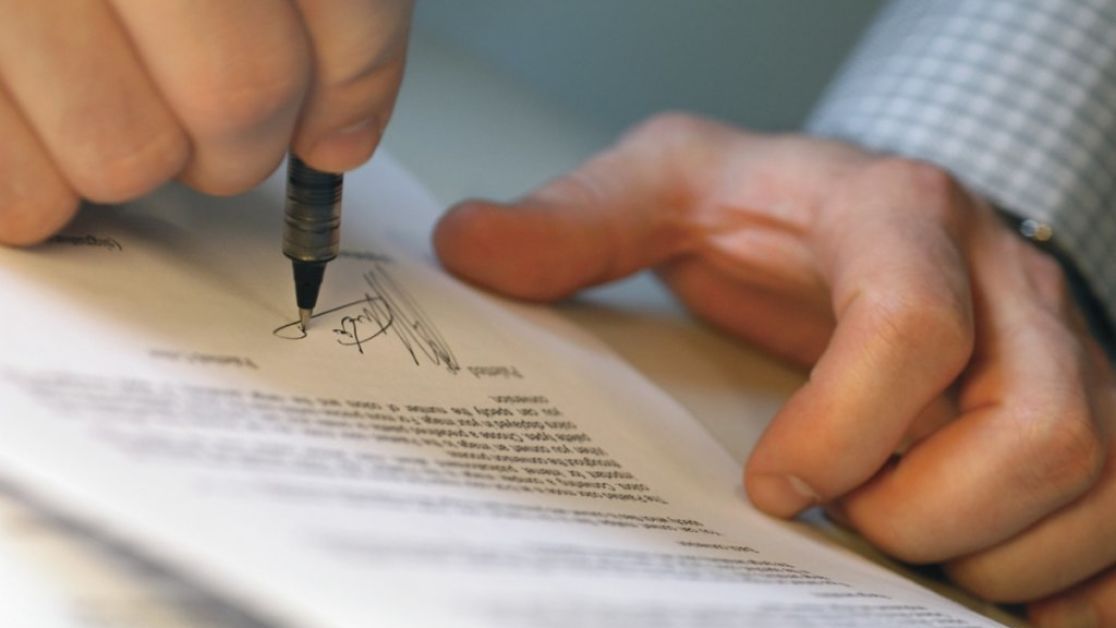Lawyer, graduated from the National University "Odesa Law Academy" with honors. Since 2017, I have been specializing in legal and educational and general legal issues. I am the author of legal articles, scientific publications and articles in the educational environment. Mentor of the "Veritas" legal clinic. The owner of the legal blog "Educational_law_ua" on Instagram.
Could there be a mistake of the testator regarding his inheritance in the will?
- In the field of inheritance law, various legal issues may arise that require appropriate clarification, so today our written consultation will be devoted to just such an issue.
- And in case of questions, the inheritance lawyer of the legal marketplace "Consultant" can help you.So, the latest legal analysis of the situation makes clear certain peculiarities in the understanding of making a "false will", because here we can rely on the legal conclusions of the Civil Court of Cassation.
- Similar inheritance cases determine that a person who is not a party to a unilateral deed - a will - has the right to change the understanding of the testator's existing will.
Such a case was considered by the Civil Court of Cassation (No. 520/9340/17), where it was established that a person who is the daughter of the testator applied to the court for the purpose of declaring the will invalid due to the fact that her father's wish (will) could not be directed to the , to deprive her of the right to inheritance.
- According to the results of the case review, the court of first instance upheld her claim in full.
- However, despite this, the appellate court overturned the decision of the previous court.
- The appellate court relied on the fact that there is a lack of witnesses who could confirm that there is a lack of the will of the testator regarding the transfer of his property rights to the heir.
- As part of the cassation review of the case, the court of the third instance indicated another conclusions regarding the consideration of such a case.
Thus, the Civil Court of Cassation determined that according to Article 229 of the Civil Code of Ukraine, if the person who committed the deed made a mistake in it (a mistake in relation to circumstances that are of significant importance), then in this case the deed may be declared invalid by the court .
And the essential meaning should be understood as such an error that lies in the very nature of the deed or in the rights or obligations of the parties to such a deed.
In addition, the error may lie in the quality of things or their properties, which can reduce the value of such things, and the error regarding the motive of the transaction should not be of significant importance, with the exception of cases defined by legislation.
In addition, the court made a remark about the fact that in acts of an international legal nature, there may be such a ground of invalidity as fraud for those legal documents that can also cover unilateral transactions.Also, the court of cassation established that, analyzing Article 229 of the Civil Code of Ukraine, a legal conclusion should be made that wills, as unilateral transactions, can be contested based on this provision.
In addition, the court noted that the plaintiff must state the fact that the testator really made a mistake in the will.Thus, the court of cassation noted that the court of the second instance correctly substantiated the conclusions regarding the absence of such grounds, which recognize the will as invalid. Instead, he erroneously concluded that all claims are derivative of the claim for invalidity of the will.

































